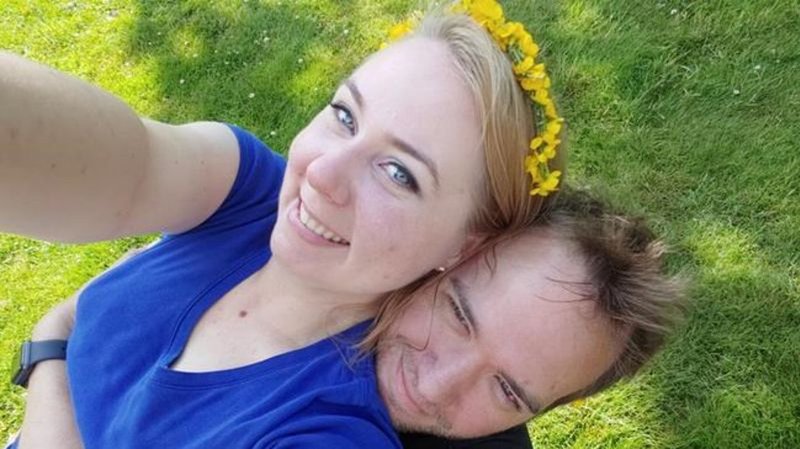
Couples do Christmas online, in person if ‘lucky’ during Canada-U.S. border closure
VANCOUVER — Like many couples, Kaelynn Ball and Dave Hogsten will be enjoying a leisurely breakfast on Christmas Day before opening presents. In their case, they’ll be watching each other prepare their own meals on a screen as they spend hours together while she is at home in Canada and he is in the United States.
Ball, of Surrey, B.C., met Hogsten online on Dec. 26, 2018, before she travelled to his home in Baltimore, Md., six months later and then again last Christmas, when she presented his family with maple syrup from Canada.
Hogsten proposed during a visit to Ball’s home in February, around the time concerns about a new and deadly coronavirus were spreading around the globe, and forced the closure of the Canada-U.S. border to non-essential travel in mid-March.
Ball, 24, and Hogsten, 37, were among cross-border couples and families that met last summer in Surrey at Peace Arch Park, a no-quarantine-required international loophole where Canadians — under the watchful eye of RCMP officers — could meet with their loved ones in Washington state.


